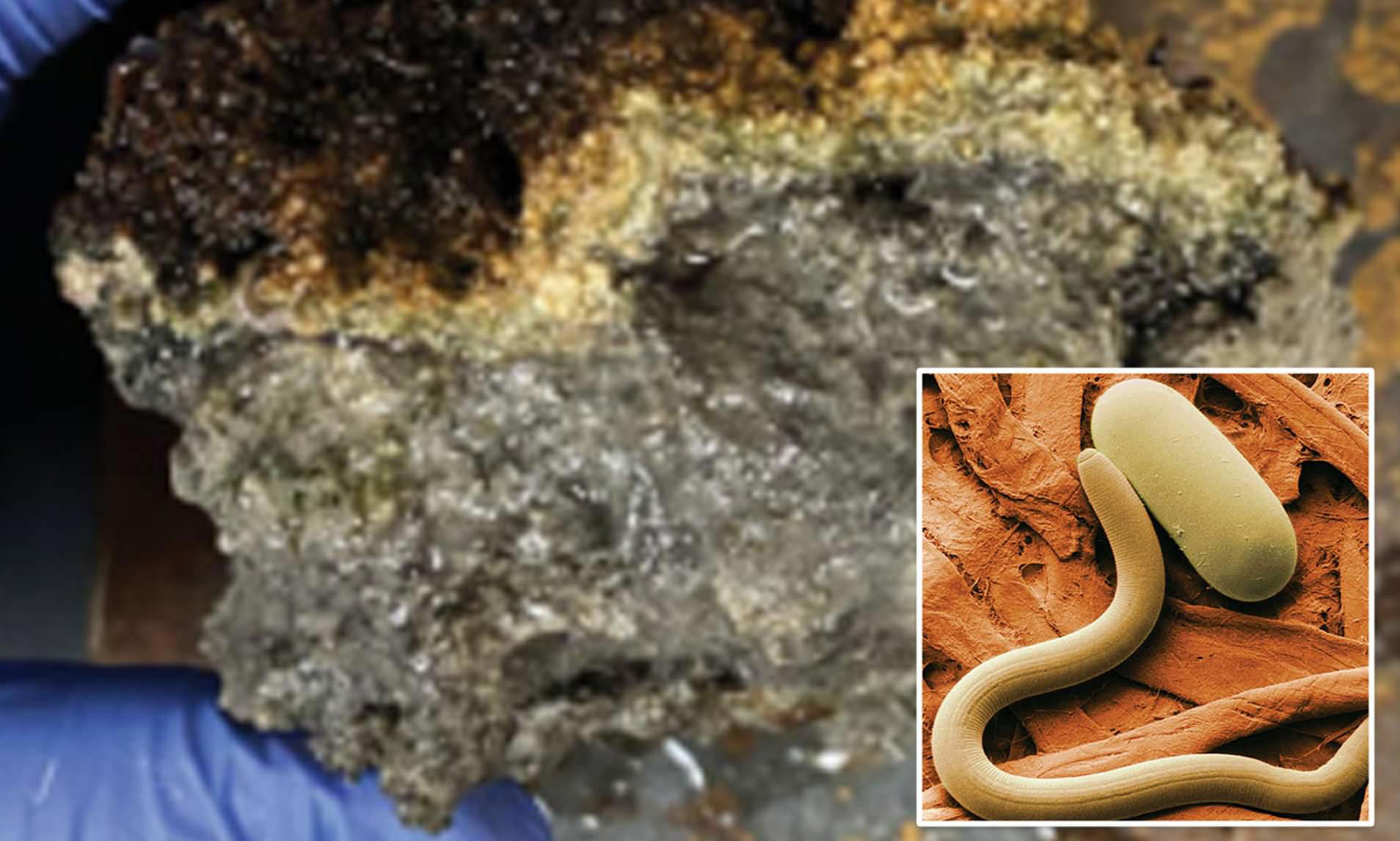Cryonics: A Quest for Eternal Life
Cryonics, the process of freezing a deceased person's body with the hope of reviving them in the future, has captured the imagination of many. However, scientific evidence suggests that there are significant challenges to overcome before cryonics can be considered a viable path to immortality.
Challenges of Preserving Brain Structures
One of the primary challenges lies in preserving the delicate structures of the brain. When the brain is deprived of oxygen and nutrients after death, biochemical changes occur that alter its cellular composition. Cryonics advocates believe that future technology will allow for the repair of this damage, but this remains purely speculative at this time.
Maintaining Brain-Body Interconnection
Moreover, the brain's function is intricately connected to the rest of the body, which cannot be preserved through cryonics. Hormones, sensory inputs, and other biological processes contribute to the brain's activity, and it is unclear how these interactions can be recreated after prolonged freezing.
The Complexity of Human Physiology
The human body is a complex system with cells undergoing constant changes. Preserving the brain alone, as some cryonics proponents suggest, would not be sufficient to recreate a living person. The intricate interplay between the brain and body, as well as the aging process itself, pose significant hurdles for cryonics to overcome.
Promises vs. Evidence
Despite the bold promises of cryonics companies, there is currently no scientific evidence to support their claims. The ability to revive a frozen body after decades or even centuries remains purely theoretical. Critics argue that the irreversible damage caused by freezing and the lack of knowledge about future medical advancements make cryonics more akin to a gamble than a scientific endeavor.
Ethical Considerations
Even if cryonics were to become scientifically feasible, it raises ethical concerns. The allocation of resources for cryonic preservation, the potential for exploitation, and the long-term consequences of reviving individuals into a vastly different society are all issues that require careful consideration.
Conclusion
While cryonics offers an enticing vision of eternal life, the scientific challenges and ethical implications it faces cannot be ignored. The pursuit of immortality requires a grounded approach that is informed by scientific evidence and a comprehensive understanding of the complexities of human biology and society.

















